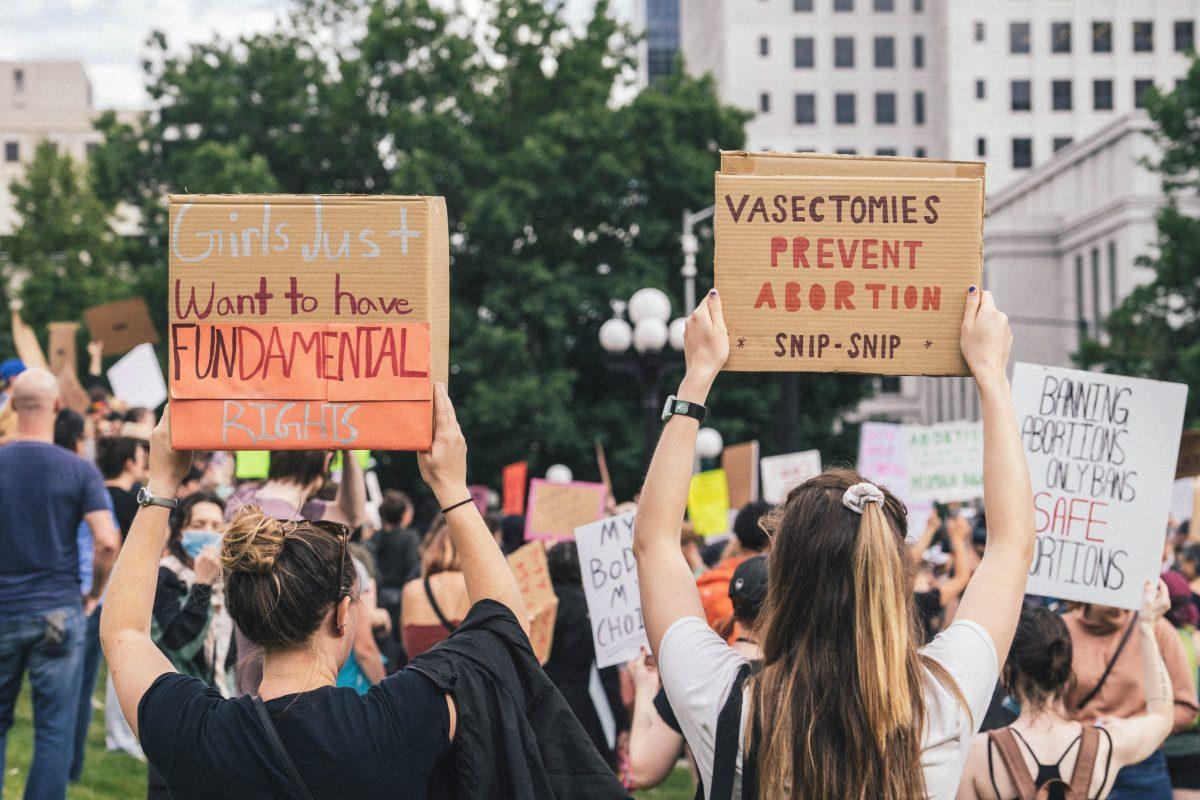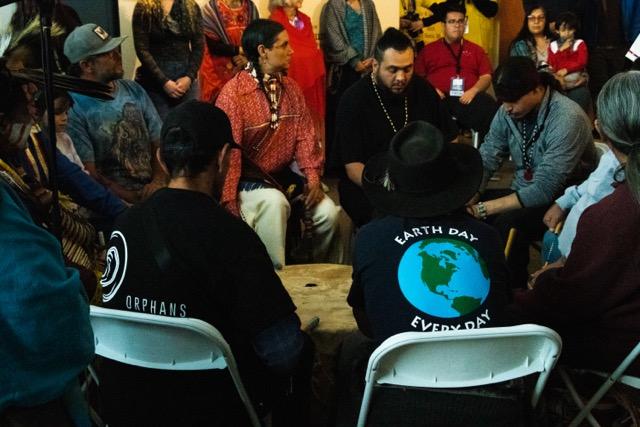
A public forum discussing Title IX policies was held in the Occhiato University Center ballroom April 4.
The intent of the meeting, hosted by the Title IX office on-campus, was to clarify confusion on aspects of the law, which is in effect at all colleges across the nation. The event included a panel of eight Title IX –savvy professionals: Kaitlyn Blakey, Marie Humphries, Lieutenant Dave Clements, Dwight Burke, Carol Daugherty, Jason Johnson, Josh Zugish and Johnna Doyle. All were in attendance to answer questions from the audience.
The two-hour discussion began with an overview of Title IX from Blakey, the associate director of EEO/Affirmative Action and Deputy Title IX Coordinator at CSU-Pueblo. The law, which is widely known to have created equal opportunities in athletics for both males and females, actually extends further.
“When people say Title IX, it’s easy to think of sports, but it’s actually broader,” Blakey said.
Blakey explained the importance of the Dear Colleague Letter, a document that details the role of Title IX in preventing sexual harassment and violence. According the letter, all employees, with the exception of some counselors, are required to report sexual assault.
After the assault is reported, a university’s Title IX coordinator conducts a thorough investigation. This is includes finding evidence from witnesses, the accused and the victim.
Then the results are weighed, using preponderance of the evidence, which is different than the standard of beyond a reasonable doubt.
“Beyond a reasonable doubt is reserved for the criminal system,” Blakey said.
If the findings indicate that it is more likely than not that an incident happened, “50 percent plus a feather”, then the accused faces hefty consequences. Although Title IX sanctions are not criminal charges, one who is charged with a violation of the policy can be suspended or even expelled from the university, which shows up on the student’s transcript.
Blakey’s presentation was followed by an elaboration of Title IX processes by Josh Zugish, CSU System Senior Associate Legal Counsel, and Jason Johnson, CSU System Deputy General Counsel.
The other panelists also gave speeches about topics related to Title IX and sexual assault, such as interim accommodation measures, the impact of trauma on the brain, and the Clery Act.
Marie Humphrey, Dean of Students, explained the appeals process to the audience, saying that one who chooses to appeal must have legitimate grounds, including disproportionate sanctions, and error in the procedure, or the discovery of new information that is vital to the case.
“If not, then the hearing officer’s decision is final,” Humphrey said.
After the presentations, the audience was given the chance to ask questions about Title IX. Several of the members, about a third of whom were student athletes, were intent on uncovering the vagueness of some of Title IX’s statements.
When one member of the audience asked how investigations would work if an accusation was made by a third party witness, Burke, CSU Title IX Coordinator, said that the Title IX coordinator still must conduct an investigation, ensuring that the alleged victim was not coerced into denying the claims.
“You have to weigh the credibility of every witness,” Doyle, CSU System Deputy General Counsel, added.
However, if is found that there are no grounds to investigate further, then no action will be taken.
“Generally speaking, that will end it,” Burke said.










Janelle • Apr 15, 2016 at 10:19 am
Who was invited to this informational meeting and how? My daughter never heard about this?
Troy Funch • Apr 14, 2016 at 11:48 pm
What your school did to Grant Neal is disgusting. No means no and the alleged victim didn’t say NO & she had sex the next day with Mr. Neal clearly not the actions of a girl was raped and said the sex was consensual. Do right CSU Pueblo before this story is exploited throughout the US by the citizens of Pueblo!